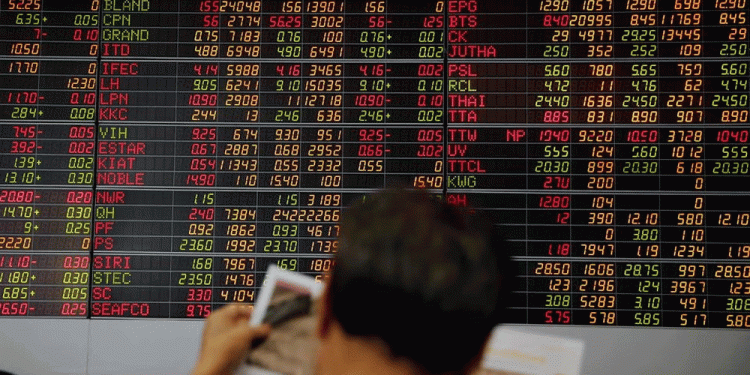By Jason Lange
WASHINGTON (Reuters) – The U.S. Federal Reserve thinks the economy is showing promising signs of strength but with a major caveat: things would look a lot better if not for Washington’s drive to slash the deficit.
The U.S. central bank shocked many observers on Wednesday by saying it would keep a bond-buying stimulus program at full throttle, rather than scaling back purchases as many expected.
The decision was partly because policymakers were worried over a spike in borrowing costs and a fragile labour market, while inflation remains very low.
But the Fed’s top official also flagged concerns about government austerity hurting the economy while political gridlock threatens to shut down government and trigger a debt default, adding to the risks facing markets and growth.
“It’s extraordinarily important that Congress and the administration work together to find a way to make sure that the government is funded, public services are provided, that the government pays its bills,” Fed Chairman Ben Bernanke told a news conference.
Bernanke pointed to bright economic signals like a drop in jobless claims and more hours worked throughout the economy, but said this was happening despite tax hikes and federal budget cuts that will likely reduce employment by hundreds of thousands of jobs in 2013.
The austerity drive has helped sharply reduce the federal deficit this year.
But Washington is fast approaching an end-of-the-month deadline to approve new government spending plans. Missing that deadline would largely shut down the federal government, sucking billions of dollars out of the economy.
Even more worrisome, the government will run out of cash and default on the national debt soon after mid-October if Congress does not authorize more borrowing to pay the nation’s bills.
That could rock the U.S. economy by fuelling a surge in borrowing costs for families and businesses, while also slamming the stock market.
Bernanke said the decision to hold off on reducing bond purchases was partly due to uncertainties over “upcoming fiscal debates.”
A government shutdown or failure to raise the debt limit could have “very serious consequences for the financial markets and for the economy,” he said, with the Fed particularly hard-pressed to offset a debt limit shock.
Some economists said concerns over fiscal policy could keep the Fed from tapering bond purchases until at least December. Its next meeting is October 29-30, and it’s possible Washington could still be locked in gridlock over budget policy then.
Republicans in Congress want to tie raising the limit on borrowing to reducing the size of government. The White House, however, says it won’t negotiate over the $16.7 trillion debt ceiling.
“We are likely to see more rather than less political dysfunction in Washington in the coming month, possibly ruling out the October meeting as the timing for a start to tapering,” said Gennadiy Goldberg, an interest rate strategist at TD Securities in New York.
(Reporting by Jason Lange; Editing by Krista Hughes)
Source: Reuters



























